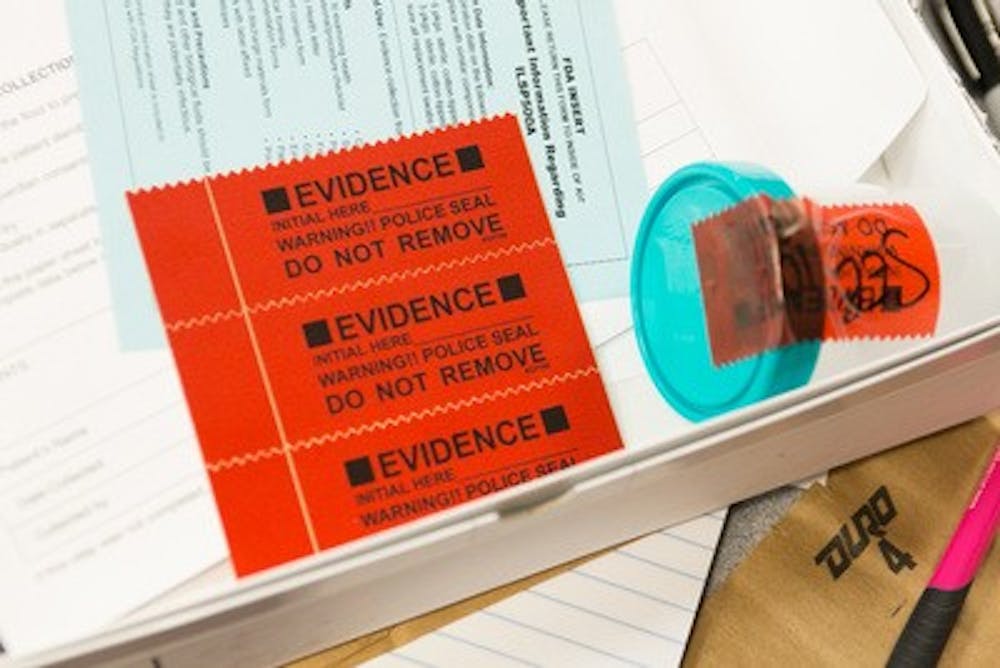North Carolina has the highest number of untested rape kits of any state, but a recent call from N.C. Attorney General Josh Stein for funding to test the kits might change that.
Stein proposed the Survivor Act on Jan. 29, which is a call for the General Assembly to allocate $6 million to test backlogged rape kits. The Survivor Act also orders that all submitted rape kits be tested within 45 days of collection to prevent future backlogs.
“Each one of these kits represents a tragedy in someone’s life,” Stein said in a statement to The Daily Tar Heel. “Each victim deserves to have law enforcement to do our best to solve their case.”
North Carolina has roughly 15,160 untested rape kits, according to the state crime laboratory.
In 2014, The Accountability Project, an initiative by End The Backlog, uncovered over 1,000 untested rape kits in Charlotte.
The Durham Police Department was also found to have 2,686 untested rape kits as of the following year. The agency was unaware of the number of untested kits at the time, according to End The Backlog.
“What we have found through communities that have taken a lot of the old untested kits off the shelves and tested them is that serial offenders have been left free to remain on the streets and commit crimes over and over again,” said Ilse Knecht, director of policy and advocacy for The Joyful Heart Foundation, the organization that started End the Backlog. “This is because the evidence that could have stopped them was sitting in a box on a shelf.”
Rape kits can go untested for a number of reasons, including a lack of protocol and training.
“An overarching issue is that the criminal justice system does not take sexual assault seriously,” said Knecht. “This plays into not funding crime labs enough to test every rape kit and not training law enforcement well enough to have them understand that when a victim comes to them, they are in trauma.”



